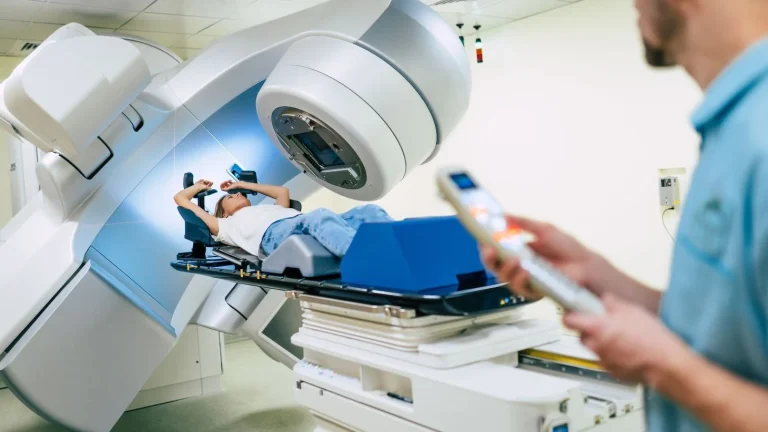The Nigerian Cancer Society (NCS) has called on the Federal Government to increase the allocation to the Cancer Health Fund (CHF) in the 2025 Appropriation Bill, stressing that the current budgetary provision of ₦150 million is grossly inadequate to meet the growing demand for cancer treatment in the country.
Addressing health journalists in Abuja on Saturday, the NCS President, Prof. Abidemi Omonisi, appealed for the allocation to be raised to ₦1 billion, noting the financial burden its treatment places on patients.
“The CHF is a commendable initiative by the Federal Ministry of Health, providing counterpart funding to support indigent cancer patients. However, with only ₦150 million budgeted this year, it is grossly inadequate,” Omonisi said.
He explained that the cost of treating a single patient could average ₦20 million, meaning the current allocation falls far short of addressing the needs of patients with breast, cervical, and prostate cancers.
“I urge the National Assembly to review the budget and increase the allocation to CHF. Cancer treatment is expensive, and even wealthy individuals struggle to cover the costs. For indigent patients, it is nearly impossible without support,” he added.
Omonisi highlighted that over the past four years, the Federal Government allocated ₦1.3 billion to CHF, including ₦200 million for 2024. However, the proposed 2025 health sector budget of ₦2.39 trillion only earmarks ₦150 million for CHF and ₦50 million for the Childhood Cancer Health Fund, raising concerns about the government’s commitment to addressing the cancer burden.
To complement government efforts, the NCS plans to launch the Cancer Intervention Fund, aimed at mobilizing resources from the private sector and philanthropists to support treatment and advocacy efforts.
During the seminar, Dr. Uzoma Ugochukwu, a Public Health Specialist and consultant for NCS’s Enhancing Human Papilloma Virus (HPV) Vaccine Awareness and Uptake in Nigeria project, emphasized the importance of combating misconceptions about the HPV vaccine.
“This project is crucial for us at NCS. Engaging the media is essential in addressing myths and ensuring that girls aged 9 to 14 receive the vaccine to prevent cervical cancer,” Ugochukwu said.
He underscored that cervical cancer remains a leading cause of cancer-related deaths globally, particularly in developing countries like Nigeria. “We are committed to ensuring no girl is left behind in the fight against cervical cancer,” he added.
The NCS and its partners, including Pathfinder, are implementing the two-year HPV vaccine project to enhance awareness and uptake, a critical step in reducing cervical cancer rates across Nigeria.


